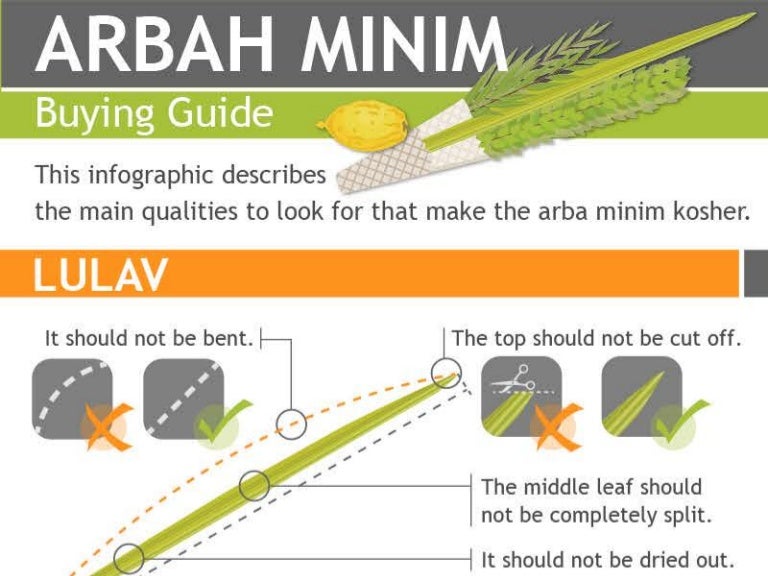

The Rishonim discuss the proper time for reciting the blessing upon taking the arba minim. al Rosh, Pesachim 1:10 et al.) debate whether this gemara refers to the immersion of a convert, who cannot recite a blessing before his immersion because he is not yet Jewish, or to other immersions, including tevilat nidda and even the netilat yadayim performed before eating bread. The Rishonim (Rif, Pesachim 3b-4a Rambam, Hilkhot Berakhot 11:7 Tosafot, Pesachim 7a, s.v. The gemara presents one exception to the rule of “ over le-asiatan”: tevila.

The well-known debate recorded by the Talmud Yerushalmi ( Berakhot 9:3) regarding whether one should recite the blessing before fulfilling the mitzva or during its performance may also be relevant to our question. The other Rishonim, however, including the Rambam, must view the birkot ha-mitzvot as preparation for the mitzva, or possibly as a type of permission taken before doing a mitzva. The Or Zaru’a must view the birkot ha- mitzva as a type of birkot ha-shevach, which thus can be recited after the mitzva. The debate regarding one who forgot to say the blessing before the mitzva may reflect different approaches to and alternate understandings of birkot ha- mitzva. Soloveitchik suggested, based upon this Rambam, that just as one must ask “permission” to eat by reciting a blessing, one must ask “permission” to perform a mitzva. One may even attempt to equate the birkot ha- mitzva with birkot ha-nehenin, blessings that permit one to eat (see Rambam, Hilkhot Berakhot 1:3). Alternatively, we might suggest that reciting the berakha prepares us for the performance of the mitzva, similar to the practice of those who say “ hineni mukhan…” before doing a mitzva. What is the reason that the blessing must precede the mitzva? This question may relate to a broader and more fundamental question: Why did the Rabbis insist that one recite a blessing upon performing a mitzva at all? Seemingly, one might suggest that the blessings recited before doing a mitzva are similar to birkot ha-shevach, blessings of praise recited after experiencing an occurrence worthy of giving praise. Although the gemara implies that the blessing must be recited before the mitzva, and some Rishonim, such as a the Rambam ( Hilkhot Berakhot 11:5-7), rule that one may not recite the blessing after one has already fulfilled the mitzva, the Or Zaru’a (1:25) writes that if one forgets to recite the blessing before the mitzva, one may recite it after performing the mitzva.

The gemara ( Pesachim 7a) teaches that “one should recite the blessing before performing a mitzva” ( kol ha-berakhot mevarekh aleihen over le-asiytan). One of the central issues relevant to the laws of these berakhot relates to the proper time and manner of reciting a birkat ha- mitzva. The gemara and Rishonim grapple with questions such as the proper text or formula for a blessing and interruptions between the blessing and the performance of a mitzva. In numerous contexts, the Talmud discusses the blessings recited before performing mitzvot. The Proper Manner of Reciting the Blessing over the Arba Minim This week, we will discuss the proper time to recite the blessing over the four minim and whether the fulfillment of the mitzva entails waving or simply holding onto the arba minim. We discussed whether – and why – one should bind the species together, and whether they must even be taken together or may be taken separately, one after the other. We also reviewed the basic physical requirements of the four minim and the halakhot of lakhem, hadar, and chaser.Īlthough the Torah commands that one take all four minim and the Rishonim assume that taking the four minim constitutes one mitzva, as opposed to four separate mitzvot, the halakha grapples with the relationship between these four minim. We discussed whether these two mitzvot differ only quantitatively, or qualitatively as well. Outside of the Beit Ha-Mikdash, they are taken only on the first day, as it says, “And you shall take for yourselves on the first day” (ibid.). We noted that mi-de’oraita, the arba minim are taken for all seven days in the Beit Ha-Mikdash, fulfilling the verse, “And you shall rejoice before the Lord your God seven days” ( Vayikra 23:40). Last week, we introduced the mitzva of “ u-lekachtem,” taking the four minim on Sukkot. Revava - The Riva Koschitzky z"l Torah Enrichment Program.Publications: Philosophy and Current Affairs.Show - Main navigation Hide - Main navigation


 0 kommentar(er)
0 kommentar(er)
